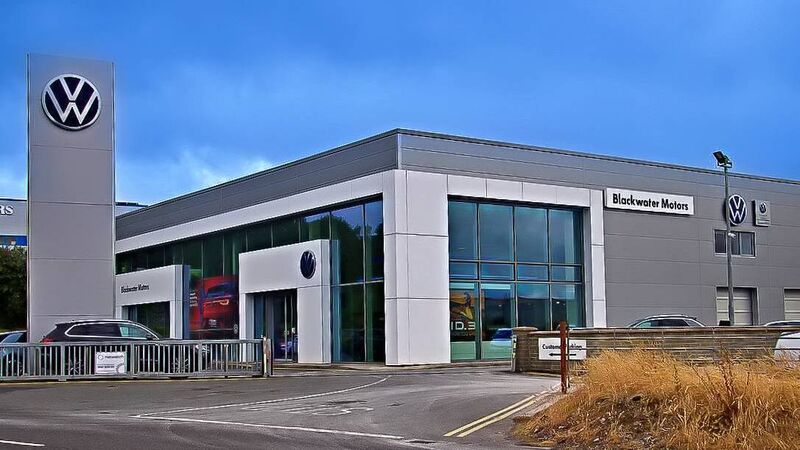Volkswagen steers away from electric-car-or-bust strategy that rankled rivals

The company is not U-turning from electric cars entirely.
Volkswagen’s electric vehicles were once central to its future, but the company last week said it would need more plug-in hybrids as EV sales decelerate.
This marks just the latest adjustment VW has made to its electrification strategy after the company botched several model releases and fell behind in China, where local brands now dominate.











